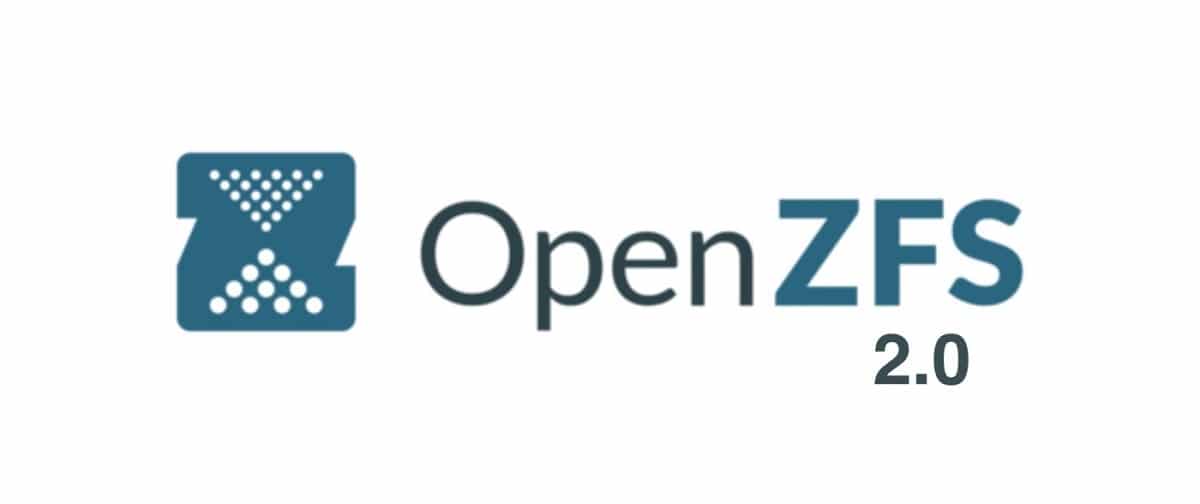
Brian Behlendorf, the leading ZFS developer on Linux, released several weeks ago the new version 2.0 of OpenZFS in your GitHub account.
The ZFS project on Linux is now called OpenZFS and in this new version 2.0 Linux and FreeBSD are now supported with the same repository, making all the OpenZFS features available on both platforms.
Commonly known ZFS by your community like OpenZFS is an open source filesystem with CDDL license (Common development and distribution license).
Used in operating systems such as: FreeBSD, Mac OS X 10.5 and Linux distributions, It is characterized by its large storage capacity. It is a lightweight and convenient file system for configuring storage management platforms.
OpenZFS it would actually be a project to bring people and companies together using the ZFS file system and they are working to improve it. This is to make ZFS popular and develop it in an open source way. OpenZFS brings together developers from illumos, Linux, FreeBSD and macOS platforms, the project also brings together a wide range of companies.
About the new version 2.0
One of the most attractive features of ZFS is its advanced read cache, known as ARC. ARC Level 2 Persistence (L2ARC) is implemented by periodically writing metadata to the L2ARC device to allow the L2ARC buffer header entries to be restored to ARC when importing a pool or bringing an L2ARC device online, reducing the impact of storage system performance downtime. Therefore, ZFS is a popular file system for storage platforms.
Systems with very large task sets can also implement an SSD-based read cache, called L2ARC, which fills with the ARC blocks that are being ejected.
Historically, one of the biggest problems with L2ARC is that while the underlying SSD is persistent, the L2ARC itself is not; goes blank every time you reboot (or export and import from group). This new functionality allows L2ARC data to remain available and viable between group import / export cycles (including system reboots), greatly increasing the potential value of the L2ARC appliance.
Another novelty of this new version of OpenZFS 2.0 is that offers perfect inline compression, since the Zstd compression algorithm (traditionally the most widely used algorithm is lz4) offers a relatively low compression ratio, but a very light CPU load. OpenZFS 2.0.0 offers support for zstd, an algorithm designed by Yann Collet (author of lz4) that aims to provide compression similar to gzip, with a CPU load similar to lz4.
When compressing (writing to disk), zstd-2 is still more efficient than gzip-9 while maintaining high performance. In comparison with lz4, zstd-2 achieves 50% more compression in exchange for a 30% loss in performance. As for decompression (disc playback), the bit rate is slightly higher, around 36%.
In addition to the main features described above, OpenZFS 2.0.0 features reorganized and improved man pages, as well as significantly improved performance when destroying, sending and receiving zfs and more efficient memory management and well-optimized encryption performance.
Another important change is that the sequential execution mode of the command was implemented Resilver (sequential resilver), which rebuilds the data distribution taking into account changes in the drive configuration.
The new way allows rebuilding a failed vdev mirror much faster than a traditional reclaimer: first, the lost redundancy in the array is restored as quickly as possible, and only then is the "cleanup" operation automatically started to verify all data checksums.
The new mode starts when you add or replace a drive with the commands «zpool replace | attach "with the" -s "option.
Finally if you are interested in knowing more about it of this new version, you can check the details in the following link.